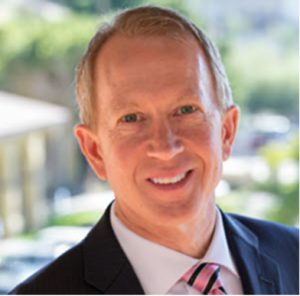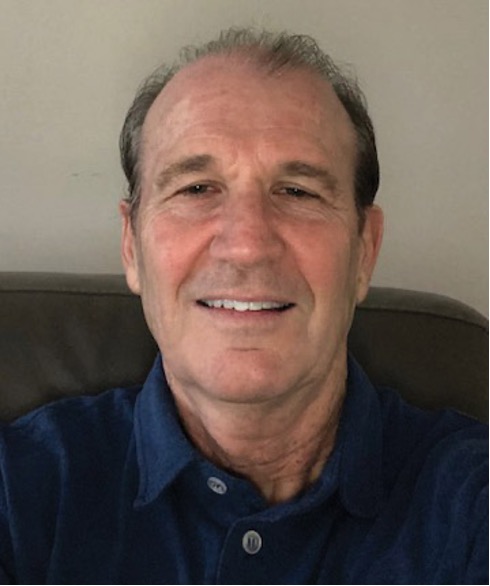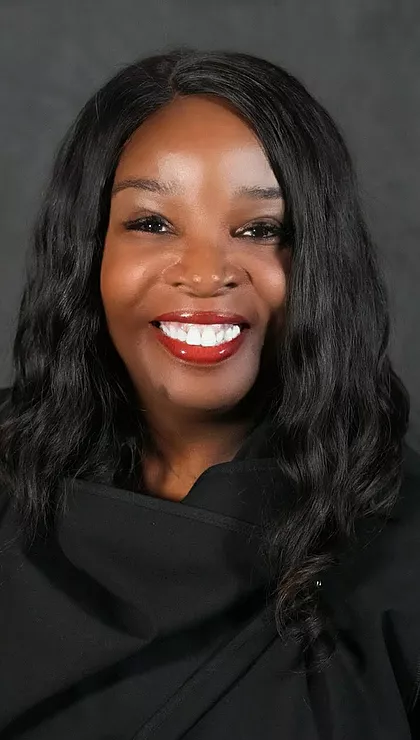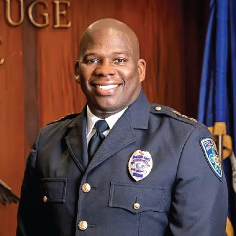National Advancements in Crisis Services: Defining and Refining Community Responder Roles
Crisis services have recently been spotlighted as a critical way to improve individual health and public safety while using resources more wisely. This session will introduce core components of effective crisis services in diverse communities, including the new opportunities available through 988. Speakers will discuss how law enforcement, behavioral health, and hospital systems can work together with community members to establish and operate responsive crisis services.

David Covington, CEO & President, RI International
David W. Covington, LPC, MBA is the chief executive officer and president of Recovery Innovations, Inc. (d/b/aRI International). He is a behavioral health innovator, entrepreneur, and storyteller. He is also a partner in Behavioral Health Link, and founder of the international innovations “Moving America’s Soul on Suicide,” “ZeroSuicide,” “Crisis Now,” “Crisis Talk” and “Hope Inc. Stories.” He previously served as vice president at Magellan Health where he was responsible for the executive and clinical operations of the $750 million Arizona contract. He is a member of the DHHS Interdepartmental Serious Mental Illness Coordinating Committee (ISMICC)established in 2017 in accordance with the 21st Century Cures Act to report to Congress on advances in behavioral health. Covington received an MBA from Kennesaw State and an MS from the University of Memphis.

Margie Balfour, Chief of Quality and Clinical Innovation, Connections Health Solutions
Dr. Margie Balfour is the Chief of Quality & Clinical Innovation at Connections Health Solutions and an Associate Professor of Psychiatry at the University of Arizona. Dr. Balfour was named Doctor of the Year and CIT International Practitioner of the Year by the National Council for Behavioral Health. She co-authored the landmark report Roadmap to the Ideal Crisis System: Essential Elements, Measurable Standards, and Best Practices. Dr. Balfour is a Distinguished Fellow of the American Psychiatric Association, serving on the APA Council on Quality of Care, the boards of the American Association for Community Psychiatry and American Association for Emergency Psychiatry, and on expert panels for SAMHSA, the DOJ, and others. Dr. Balfour received a BA in Biology at Johns Hopkins University and then her MD and PhD in Neuroscience from the University of Cincinnati. She completed residency and fellowship in Community Psychiatry at the University of Texas Southwestern Medical Center.

Brian Hepburn, Executive Director, National Association of State Mental Health Programs Directors (NASMHPD)
Dr. Brian Hepburn is the Executive Director of the National Association of State Mental Health Program Directors (NASMHPD). He previously was the Director of the Maryland Mental Hygiene Administration (MHA) from 2002 to 2014 after serving as the Clinical Director for MHA from 1996 to 2002. He then became the Director of the Behavioral Health Administration (BHA). He was also the Director of Psychiatric Education and Training for MHA from 1987 to 1997. He was a Full-Time Faculty Member at the University of Maryland from 1983 to 1988 and has been on the Volunteer faculty at the University of Maryland since 1988. From 1983 until 2004, he maintained a private practice (inpatient and outpatient) (University of Maryland and Brook Lane Health Services). Dr. Hepburn received his MD degree in 1979 from the University of Michigan School of Medicine and received Residency Training in Psychiatry at the University of Maryland.

Tonja Myles, Peer Advocate, Baton Rouge, LA
Tonja Myles is an ordained minister, activist, peer counselor, and Louisiana Army National Guard veteran. For over 30 years, she has promoted mental health awareness and peer support by sharing her life experiences as a recovering addict, suicide and abuse survivor, and PTSD survivor. In 2004, Tonja co-founded the Free Indeed Treatment Center in Louisiana.
In 2016, she served as a social service and mental health advocate on Mayor Sharon Weston Broome’s Transitional team—she now serves on the board of the Mayor’s Mental Health Advisory Council, NAMI, Baton Rouge City Police Chief’s Advisory Council, and the Louisiana Behavioral Health Advisory Council, Aging with Dignity, and the Baton Rouge Crisis Intervention Center. She is trained in the country’s top suicide prevention programs including ASSIST and safeTALK. Tonja was recognized by President George W. Bush during his 2003 State of the Union address for her expertise in faith-based recovery.

Murphy J. Paul, Chief, Baton Rouge Police Department
With more than 26 years of experience in law enforcement, Chief Murphy J. Paul, Jr. retired from the Louisiana State Police (LSP) as a Deputy Superintendent. During his career there, Chief Paul provided leadership and oversight of Gaming Operations, Criminal Investigations, Special Investigations, and the LSP Fusion Center. Chief Paul retired from LSP to fulfill his new appointment as the Chief of the Baton Rouge Police Department (BRPD). At BRPD, Chief Paul has served on the Louisiana Governor’s Drug Policy Board, the Association of State Criminal Investigative Agencies (ASCIA), the Regional Counter-Drug Training Academy (RCTA), and the High-Intensity Drug Trafficking Area (HIDTA) Executive Board. Additionally, he represented LSP on the Joint Terrorist Task Force (JTTF) Executive Board. Chief Paul is a P.O.S.T./FBI certified instructor and a graduate of the FBI National Academy #223. Chief Paul received a BA in Criminal Justice from Loyola University.

